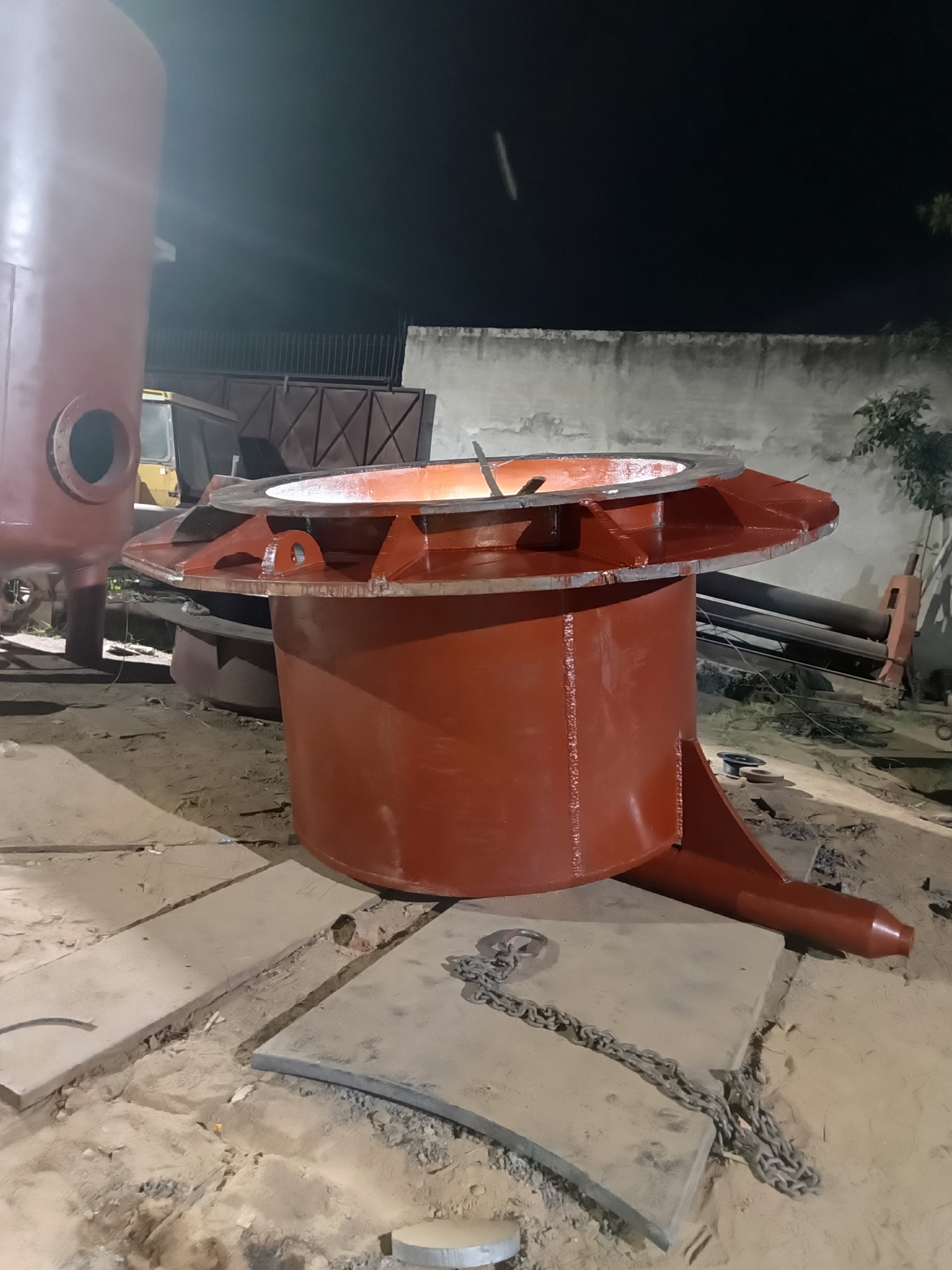
A Refining Port is a specialized facility designed for the processing and purification of raw materials, such as metals or minerals. It features advanced equipment and technologies to refine and enhance the quality of these materials, ensuring they meet industry standards and specifications. The refining port plays a crucial role in various industries, including metallurgy and petrochemicals, by improving the purity and usability of raw resources.
Enquiry Now
A Refining Port is a specialized facility designed for the advanced processing and purification of raw materials such as metals, minerals, and petrochemicals. This facility plays a critical role in refining these resources to meet industry standards and enhance their quality for various applications.
Key Features:
Advanced Processing Equipment: The refining port is equipped with state-of-the-art machinery and technology to perform complex refining processes. This includes high-temperature furnaces, separation units, and chemical treatment systems that effectively remove impurities and enhance material quality.
Quality Control Systems: Integrated quality control measures ensure that refined materials meet specific industry standards and specifications. This includes rigorous testing and analysis to guarantee the purity and performance of the final product.
Versatile Applications: The facility is designed to handle a range of raw materials, including metals like copper and aluminum, minerals such as gold and silver, and petrochemical products. This versatility makes it suitable for various industries, including metallurgy, mining, and chemical processing.
Environmental Management: Modern refining ports incorporate advanced environmental management systems to minimize the impact of refining activities. This includes waste treatment and recycling processes to ensure compliance with environmental regulations and reduce the ecological footprint.
Efficient Operations: The refining port operates with high efficiency, optimizing the use of resources and energy. Automated processes and advanced technologies contribute to reduced operational costs and increased throughput.
Applications:
Metallurgy: Used in the processing of metal ores to produce high-purity metals for use in manufacturing, construction, and other applications.
Mining: Facilitates the extraction and purification of valuable minerals from raw ore, enhancing their quality and usability.
Petrochemicals: Refines crude oil and other petrochemical products to produce high-quality fuels, lubricants, and other chemical products.
Advantages:
Enhanced Quality: The refining process ensures that raw materials are purified and refined to meet industry standards, resulting in improved product quality and performance.
Versatility: Capable of handling a wide range of materials, making it adaptable to different industrial needs and applications.
Efficiency: Advanced technologies and automated processes increase operational efficiency, reducing costs and improving productivity.
Environmental Responsibility: Incorporates measures to manage waste and emissions, supporting sustainable practices and reducing environmental impact.